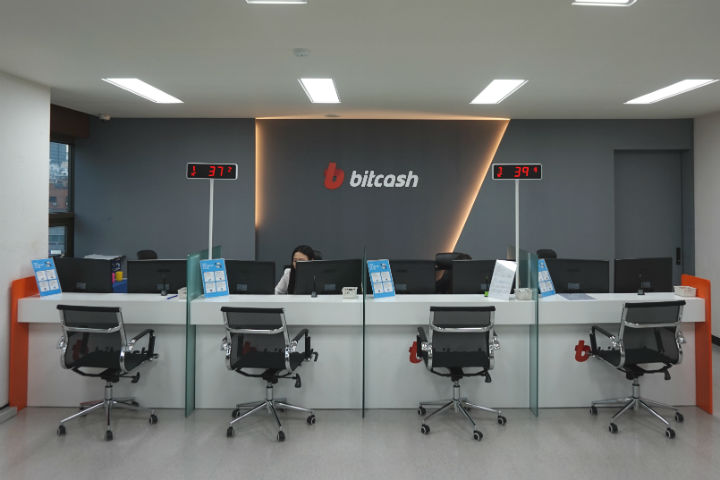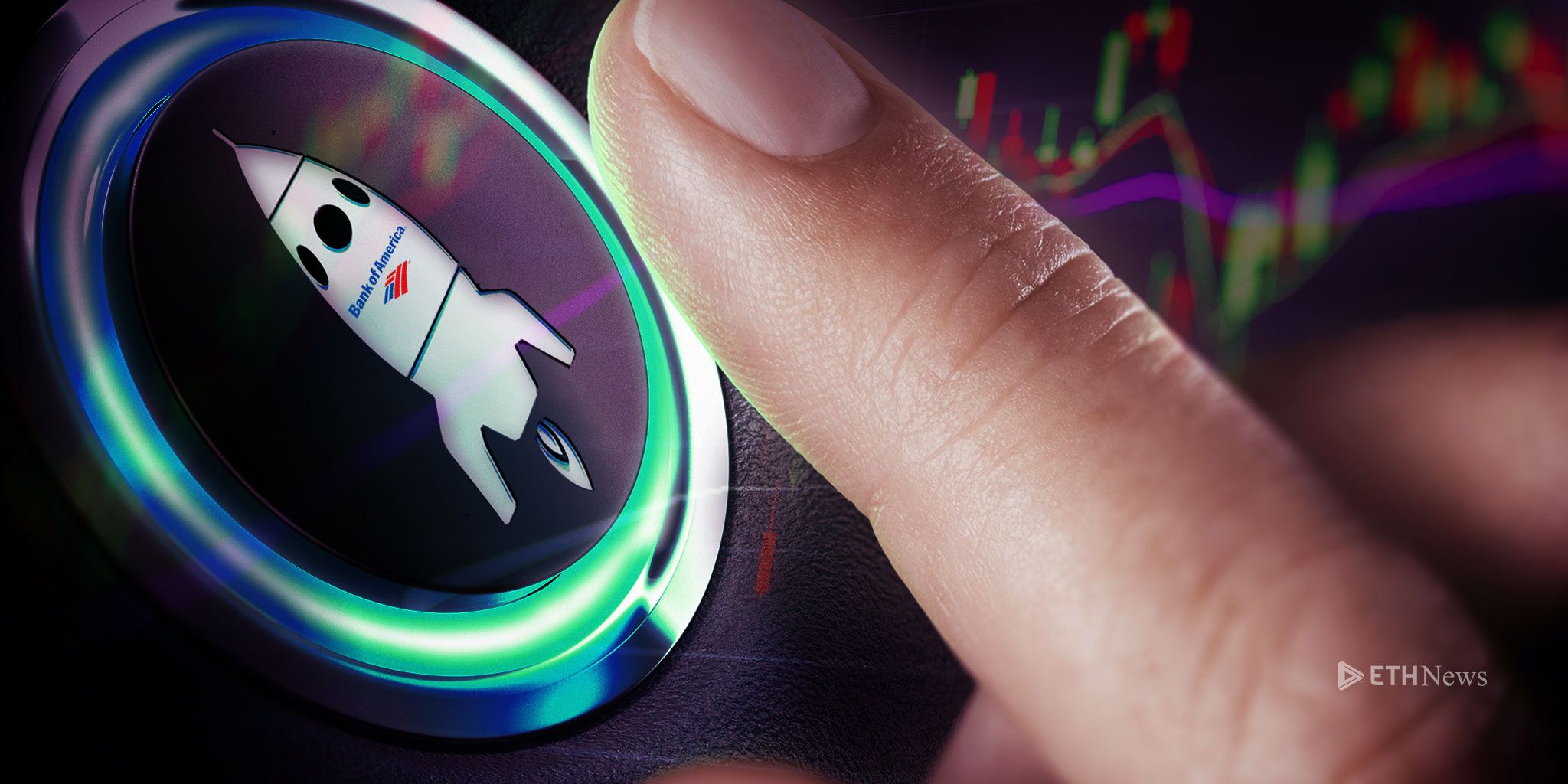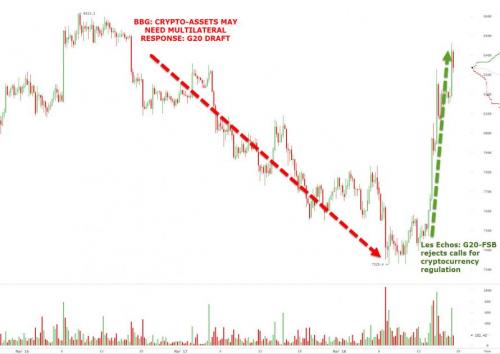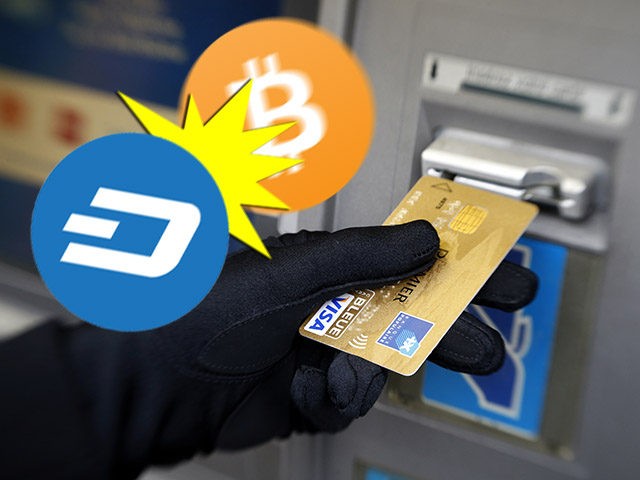Bitcoin and other virtual currencies have taken S. Korea by storm. In-person customer service might just be one of the secrets to its success.
On the fifth floor of a relatively nondescript building in Gangnam, one of Seoul’s main financial districts, lies a 200+ staff call center operating round the clock in four languages. In the room next door await four consultants ready to serve the average 200 customers that come through the center’s doors daily. This is no ordinary customer support center. It is South Korea’s first brick-and-mortar cryptocurrency exchange service center, in the flesh.
Welcome to Bithumb, one of the largest cryptocurrency exchanges in the world.
By nature, buying and selling cryptocurrencies — digital moneys designed to be secure and mostly anonymous — don’t require much human interaction, and most Bithumb customers will never have to talk to a live person in making transactions.
Enter South Korea: a country well-known for its customer service, and insatiable appetite for cryptocurrencies. It has combined the two to create a rarity in cryptocurrency exchange: an offline service center, which Bithumb claims is the first of its kind in the world.
South Korea is one of the world’s fastest growing markets in cryptocurrency. In particular, Bithumb, first launched in January 2014, has experienced tremendous growth in the past half year, with a daily average trading volume of 700 billion won (around $620 million). It is by far the largest virtual currency exchange in South Korea, the largest in Asia, and one of the biggest in the world.
When the company’s call center first opened in early 2017, there were 20 consultants answering phone calls. Due to surging demand, the center moved to a nearby building, and by July this year, the number of employees increased tenfold to 200, enabling 24/7 services in Korean, English, Japanese and Chinese.
Source/More: Virtual Insanity: South Korea’s Bitcoin Craze Gets Physical | KOREA EXPOSÉ


















